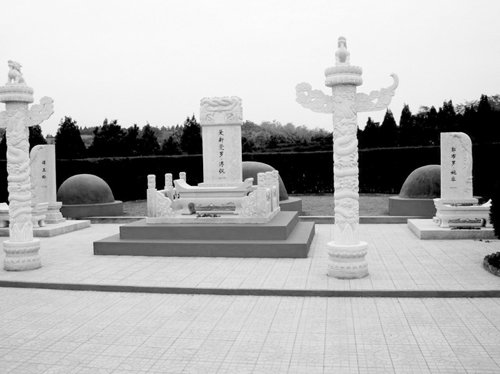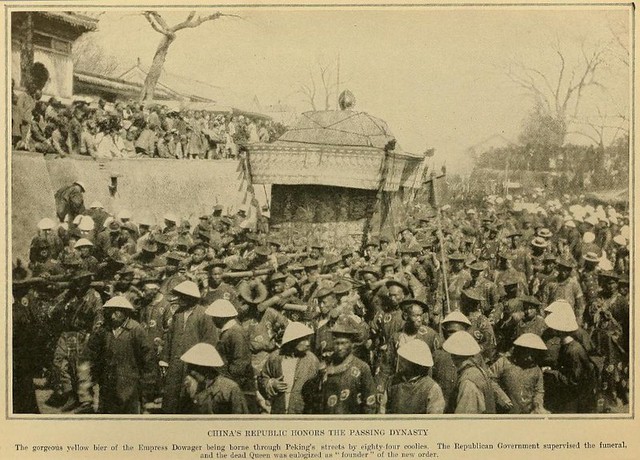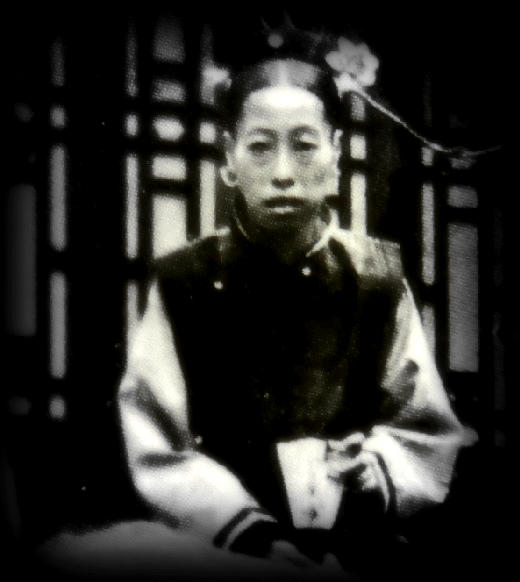Changchun palace
Where the last emperor last ruled, in name only|Life|chinadaily.com.cn
When you walk through the corridors in Changchun's Museum of the Imperial Palace of the Manchu State, you can almost feel what was eating away at the young man who was - by birth - thrust into the storms of history.
The architecture in this 137,000-square-meter compound is a hybrid of traditional Chinese and Western, with a tinge of Japanese thrown in. It replaces the grandeur and apathy of the Forbidden City with something more homey and manageable.
[...]
The origin of the Changchun palace was a building with indoor plumbing - a rarity at the time - that belonged to a government office overseeing salt sales. The Japanese started constructing more after
Puyi moved in.
But he was vigilant.
He refused to move into Tongde Building after it was completed in 1938 because he suspected it was tapped.
Like the Forbidden City, the Changchun palace was divided into an inner court and an outer court. The formal room for receiving foreign dignitaries was rarely used, as Manchukuo was recognized only by Japan and the Axis countries.
A banquet hall was converted into a small theater where documentary films about the war were the regular feature. Puyi had the strange habit of neither wanting to be alone nor being seen by others while watching movies. So others had to arrive and depart with the light switched off.
Puyi's favorite room, it is recorded, is a room inside Tongde Building where he gathered his royal relatives in celebration of traditional holidays, such as the Mid-Autumn Festival. During the later years of his so-called rule, he started training some students in sharp shooting - in the corridor.
In the residential part of the compound is a small garden with rockeries and a pond. It would pale next to any of Suzhou's gardens.
What stands out is a brand new locomotive, which must be a replica, as the track used to run straight into the compound. The stable and horse track have also been reclaimed or rebuilt.
On the compound's edge is a new building dedicated to preserving the history of Japanese aggression and atrocities in Northeast China. It is free to the public.
photo slideshow






